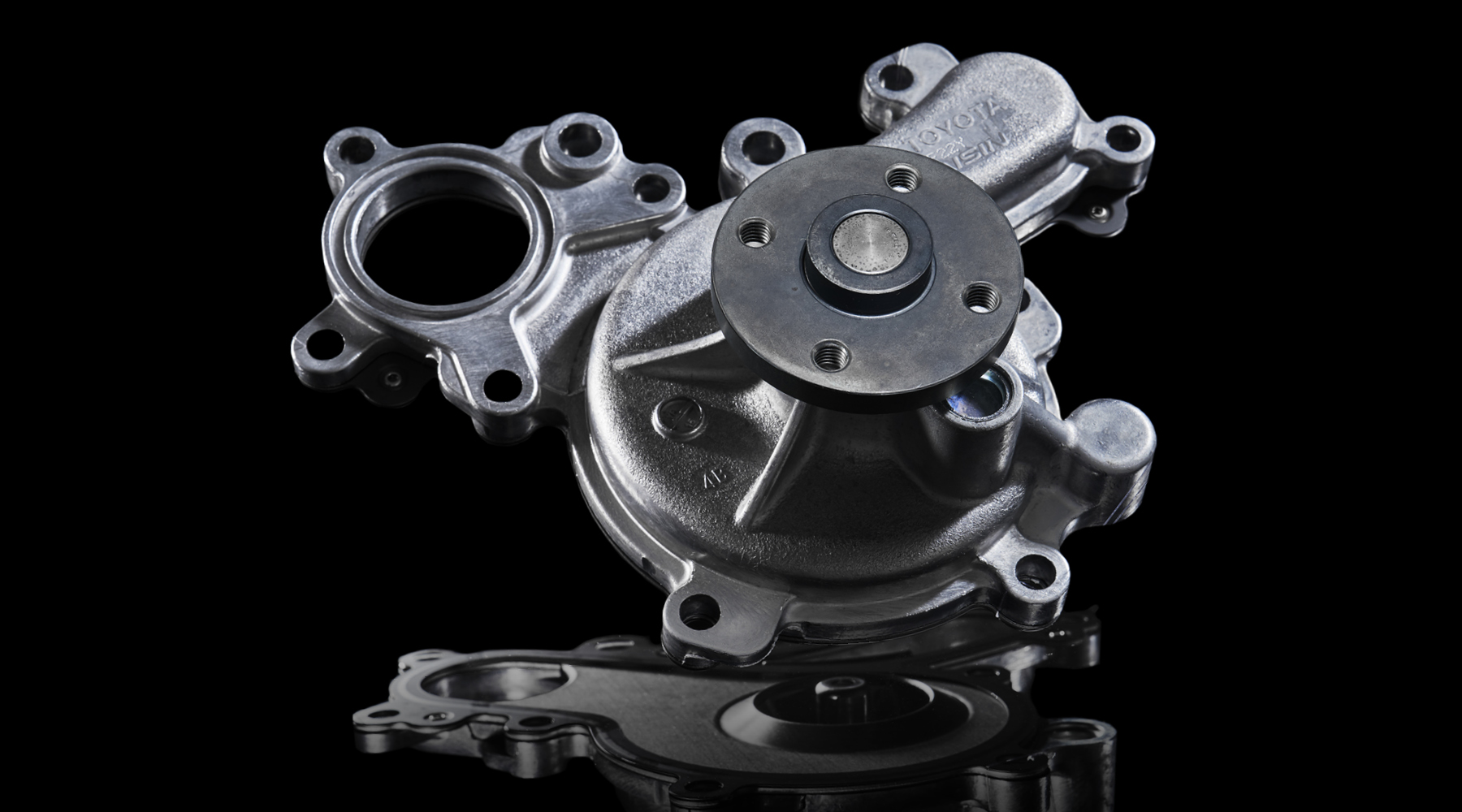When it comes to keeping your car running smoothly, the water pump is an essential component that should never be overlooked. This critical part of your vehicle's cooling system circulates coolant throughout the engine to regulate temperature and prevent overheating. However, as with any part in your car's engine, the water pump can wear down over time and eventually fail. In this blog post, we'll take a closer look at the importance of the water pump in your car, how to spot signs of wear and tear, and some tips for keeping it in good condition.

The Water Pump's Purpose in Your Car
To understand the water pump's importance in your car, it's helpful to have a basic understanding of how the engine's cooling system works. Your car's engine generates massive amounts of heat as it burns fuel and air to produce power. This heat needs to be regulated to prevent damage to the engine components. The engine cooling system circulates coolant through the engine to absorb and dissipate heat. The coolant then returns to the radiator to release heat, and the cycle repeats itself.
As you might imagine, the circulation of coolant requires a pump to keep it moving. That's where the water pump comes in. It's typically located in the engine block and is powered by a drive belt or timing belt. As the pump spins, it draws coolant from the radiator and sends it through the engine's passages, where it absorbs heat before returning to the radiator. Without the water pump, the coolant would sit idle in the engine and become heated to the point of boiling, which could lead to severe damage or even engine failure.
Signs of a Failing Water Pump
As with any engine component, the water pump can wear down over time and eventually fail. Here are some common signs that your water pump might be nearing the end of its lifespan:
1. Engine Overheating
The first and most apparent sign of a failing water pump is engine overheating. If your vehicle's temperature gauge begins to climb into the red zone, it could indicate that the water pump is failing to circulate coolant effectively. In some cases, the engine may overheat to the point of stalling or refusing to start, so it's critical to address an overheating engine promptly.
2. Coolant Leaks
If you notice puddles of coolant under your car or see white smoke emanating from the exhaust pipe, it could be a sign of a coolant leak. Leaks can occur due to a variety of factors, including a damaged water pump seal or a cracked housing. If left unchecked, a coolant leak could lead to engine damage, so it's essential to have it repaired as soon as possible.
3. Grinding or Whining Noises
A worn-out water pump bearing can cause unusual noises in the engine. If you hear grinding or whining noises from the front of the engine, it could be an indication that the water pump is failing. These noises may grow louder as the engine RPMs increase, so pay attention to them and have them checked out by a mechanic.
Keeping Your Water Pump in Good Condition
Like any engine component, regular maintenance can help extend the life of your water pump. Here are some tips to keep it in good condition:
1. Follow the Manufacturer's Maintenance Schedule
Your car's owner's manual will include a recommended maintenance schedule, including when the water pump should be replaced. Follow this schedule as closely as possible to ensure your vehicle runs smoothly and avoid the need for costly repairs.
2. Monitor the Coolant Level
Checking the coolant level regularly is an excellent way to monitor the water pump's performance. If the coolant level is consistently low, it could indicate that there's a leak or an issue with the water pump. It's essential to address this as soon as possible to prevent engine damage.
3. Use the Correct Coolant
Using the wrong coolant can cause issues with the water pump and other cooling system components. Make sure you're using the type of coolant recommended by your car's manufacturer and avoid mixing different types of coolants.
In conclusion, the water pump is a critical component in your car's engine that should never be overlooked. Knowing the signs of a failing water pump and following regular maintenance practices will help ensure your vehicle runs smoothly and avoids costly repairs. If you're experiencing any of the symptoms mentioned above, don't hesitate to have your car inspected by a professional mechanic. Stay on top of your car's maintenance to get the most out of your vehicle and keep it running safely for years to come.